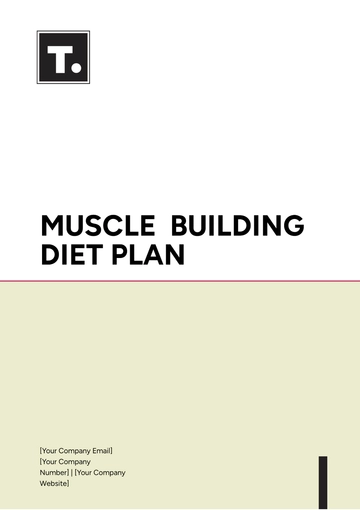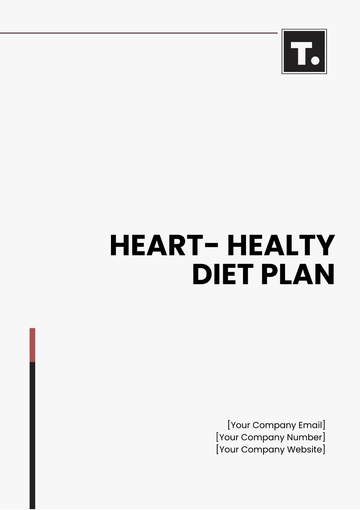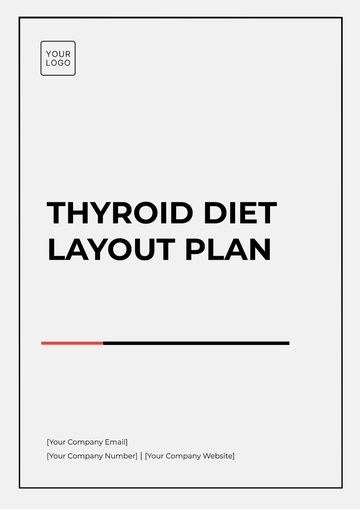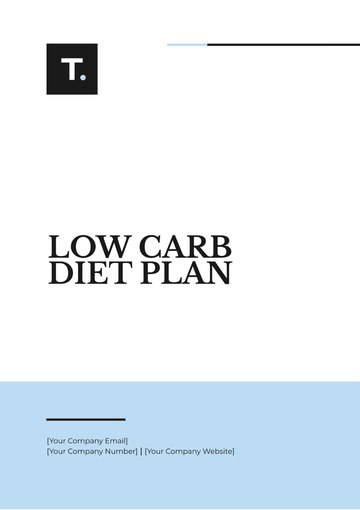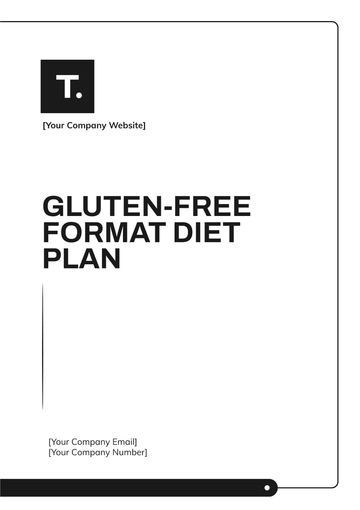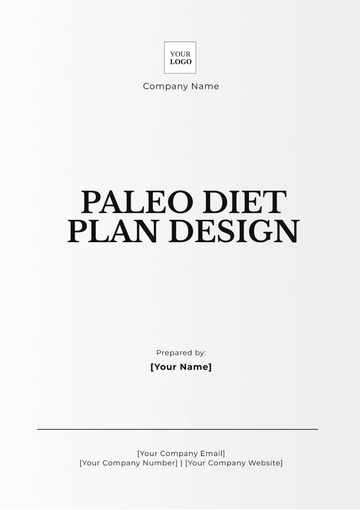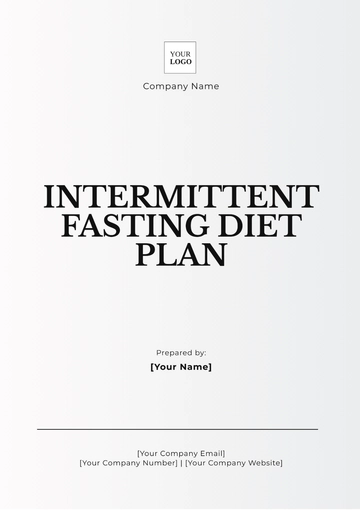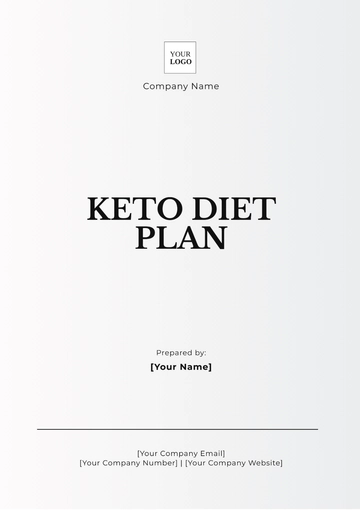Free Fertility Diet Plan

I. Introduction
The Fertility Diet Plan is meticulously crafted to enhance reproductive health and boost the likelihood of conception through a comprehensive approach that includes nutrient-dense foods and beneficial lifestyle practices. This plan incorporates specific foods, meal recommendations, and lifestyle changes backed by scientific research, providing an effective strategy for individuals and couples aiming to enhance their fertility.
II. Nutritional Foundations
A. Key Nutrients
Folic Acid
Importance: Crucial for DNA synthesis and cell division, folic acid is essential for preventing neural tube defects in early pregnancy.
Sources: leafy greens, citrus fruits, legumes, fortified cereals, and whole grains.
Iodine
Importance: Essential for thyroid function, iodine plays a significant role in hormone regulation and overall reproductive health.
Sources: seafood, dairy products, iodized salt, and certain grains.
Iron
Importance: Vital for producing hemoglobin and ensuring adequate oxygen supply to the body; iron deficiency can lead to fertility issues.
Sources: red meat, poultry, beans, lentils, spinach, and fortified cereals.
Omega-3 Fatty Acids
Importance: Important for hormone production and reducing inflammation, omega-3s can enhance ovulatory function and overall reproductive health.
Sources: fatty fish (like salmon and mackerel), walnuts, flaxseeds, and chia seeds.
Zinc
Importance: Plays a key role in hormone regulation and reproductive system functioning; low zinc levels can negatively affect fertility.
Sources: meat, shellfish, legumes, seeds, nuts, and dairy products.
B. Recommended Foods
Leafy Green Vegetables
Examples include spinach, kale, and Swiss chard, which are rich in folate and antioxidants that support reproductive health.Whole Grains
Options like quinoa, brown rice, and whole wheat products provide essential fiber and nutrients while helping maintain stable blood sugar levels.Fatty Fish
Including salmon, sardines, and herring, which are high in omega-3 fatty acids known for their anti-inflammatory properties.Lean Proteins
Sources such as skinless poultry, beans, legumes, and low-fat dairy products provide vital amino acids necessary for hormone production.Nuts and Seeds
Almonds, walnuts, sunflower seeds, and pumpkin seeds are great for healthy fats, protein, and important minerals.
III. Meal Planning
A. Breakfast Ideas
Greek Yogurt Parfait
Layer Greek yogurt with mixed berries, chia seeds, and a sprinkle of granola for a nutrient-rich start to your day.Nutty Banana Oatmeal
Cook oatmeal topped with sliced almonds, banana, and a drizzle of honey for a fiber-packed breakfast.Avocado Toast
Whole-grain toast topped with smashed avocado, poached eggs, and a sprinkle of sesame seeds for healthy fats and protein.
B. Lunch Suggestions
Quinoa Power Salad
Combine quinoa with diced cucumbers, bell peppers, cherry tomatoes, and grilled chicken, drizzled with olive oil and lemon juice.Tuna & Veggie Sandwich
Whole-grain bread with canned tuna mixed with Greek yogurt, diced celery, and a side of carrot sticks and hummus for crunch.Spinach and Feta Wrap
Fill a whole-grain wrap with fresh spinach, feta cheese, grilled chicken, and a side of lentil soup for added fiber.
C. Dinner Options
Citrus Herb Grilled Salmon
Serve grilled salmon with quinoa, steamed broccoli, and a squeeze of lemon for a refreshing dinner rich in omega-3s.Stir-fried Tofu and Vegetables
Sauté tofu with colorful vegetables like bell peppers and snap peas over brown rice, flavored with soy sauce or teriyaki.Hearty Beef Stew
Slow-cook lean beef with carrots, potatoes, and herbs for a comforting, nutrient-dense meal.
IV. Lifestyle Changes
A. Physical Activity
Exercise Routine
Aim for at least 30 minutes of moderate exercise 5 times a week, incorporating activities like walking, cycling, or swimming to boost circulation and overall health.Mindful Movement
Engage in yoga and Pilates to improve flexibility and reduce stress, which can positively impact hormonal balance.
B. Managing Stress
Mindfulness Practices
Incorporate mindfulness meditation or deep-breathing exercises into your daily routine to promote relaxation and reduce anxiety.Quality Sleep
Aim for 7-8 hours of restful sleep each night to support hormone production and overall well-being.Engagement in Hobbies
Participate in enjoyable activities and social engagements to foster emotional health and reduce stress levels.
V. Summary
The Fertility Diet Plan emphasizes the importance of a well-balanced diet rich in essential nutrients and the integration of lifestyle modifications to improve reproductive health. By adhering to this plan, individuals can enhance their chances of conception while also promoting their overall health and wellness.
- 100% Customizable, free editor
- Access 1 Million+ Templates, photo’s & graphics
- Download or share as a template
- Click and replace photos, graphics, text, backgrounds
- Resize, crop, AI write & more
- Access advanced editor
Enhance your fertility journey with the customizable Fertility Diet Plan Template, designed to support your reproductive health. This downloadable and printable template allows you to tailor your meal plans according to your unique needs. Easily editable in our AI Editor Tool, it empowers you to track your nutrition effectively. Offered by Template.net, this essential resource helps you achieve your fertility goals with confidence.




